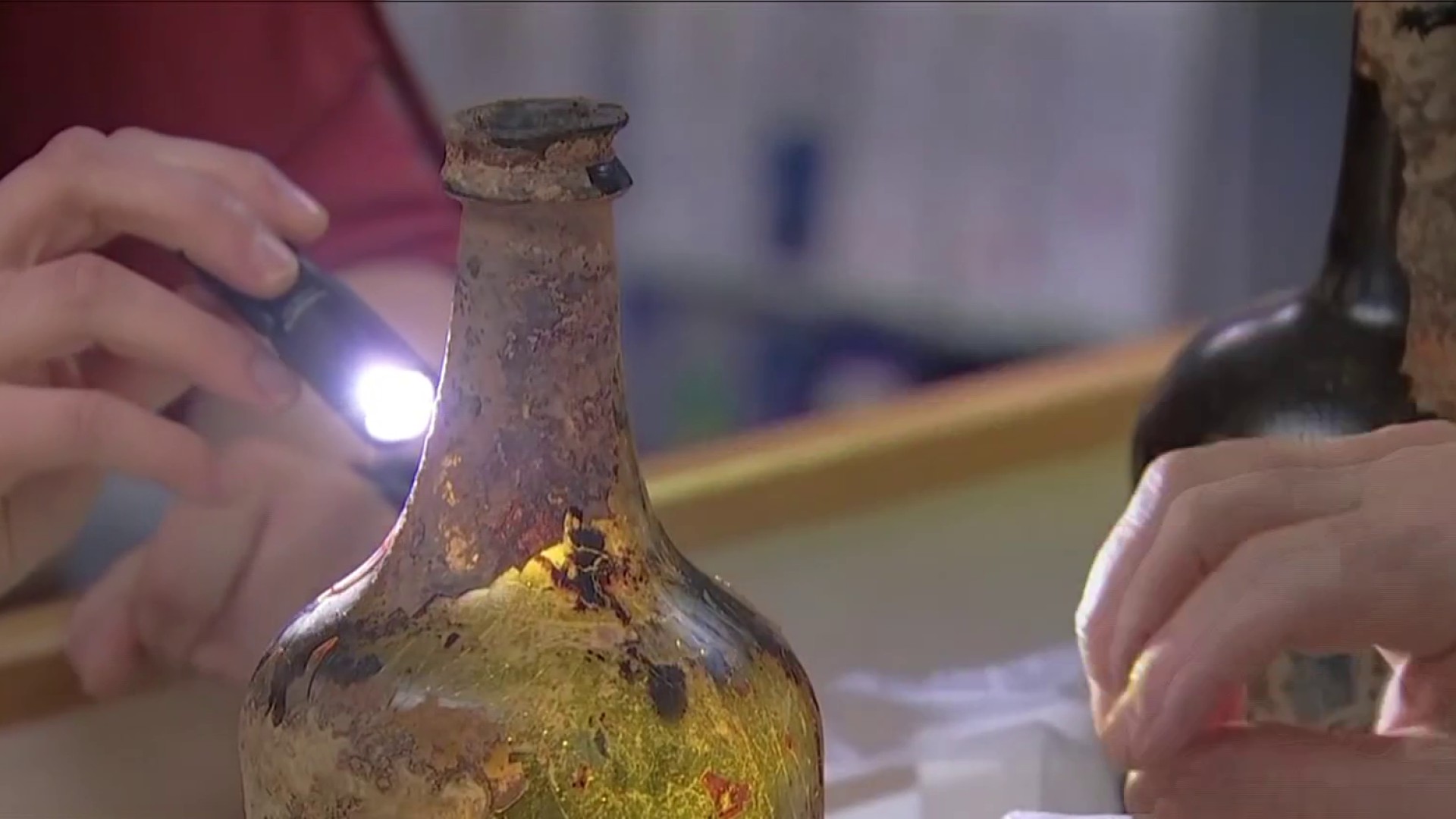WASHINGTON -- House Delegate Eleanor Holmes Norton assured skeptical residents Wednesday that the Spring Valley neighborhood is a safe place to live.
Residents in the wealthy Northwest neighborhood have dealt with the Army Corps of Engineers cleanup of World War I-era munitions for 16 years. Of about 1,600 homes in the neighborhood, almost 150 homeowners have had their driveways and yards excavated as part of the cleanup of remnants of weapons and traces of dangerous chemicals like mustard gas and arsenic, News4's Tom Sherwood reported.
"The Corps must remain until there is an objective all-clear here," Norton said. "Now nobody need move out of this beautiful neighborhood, and it really isn't fair to alarm people about this neighborhood."
During World War I, nearby American University was used as an experiment station to develop and test chemical weapons. Workers disposed of munitions and laboratory glassware by burying them behind the campus.
"This was the center of research for the United States' attempts to get poisonous gases in World War I," said Davis Kennedy, publisher of the Current newspapers.
Many Spring Valley residents believe the Army Corps of Engineers has been less than forthright about the cleanup, Sherwood reported.
"They are downplaying the extent of the contamination and the risk," said Spring Valley native Kent Slowinksi. "We know of more than a dozen burial pits that have yet to be investigated."
Local
Washington, D.C., Maryland and Virginia local news, events and information
Norton toured the area Wednesday in response to the discovery a couple of weeks ago of traces of the chemical agent mustard in a flask buried just two feet underground.
Norton promised Wednesday that the Army Corps will remain in the area until everyone is satisfied with the cleanup -- no matter how long it takes.
"The message to everyone is that the water is safe to drink," said Aqueduct General Manager Tom Jacobus. "We test the water in the reservoir, we test it through treatment and we test it before it's delivered to the customers."
So you can trust Spring Valley as much as you can trust the rest of D.C. water.
The recent mustard discovery halted the fourth major dig for munitions and toxic agents since the burial pits were discovered a decade and a half ago. The current excavation began in 2007 at a house between the South Korean ambassador's residence and the former university president's home.



